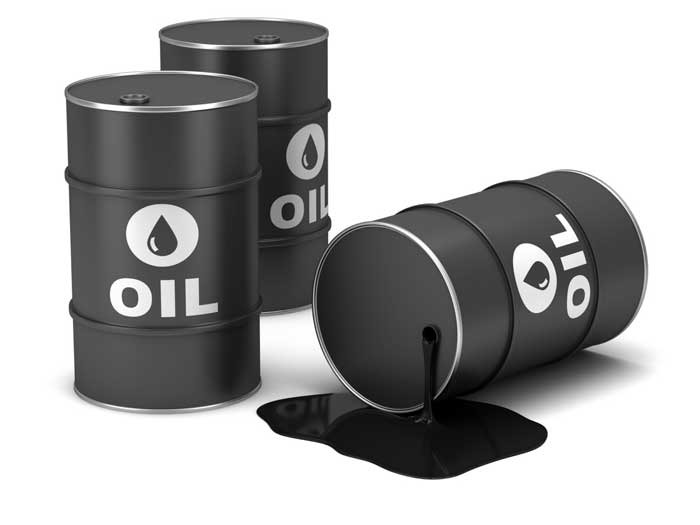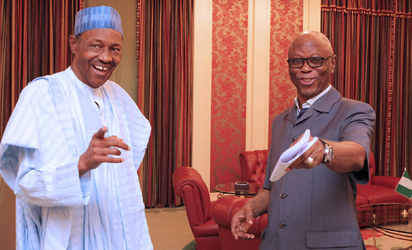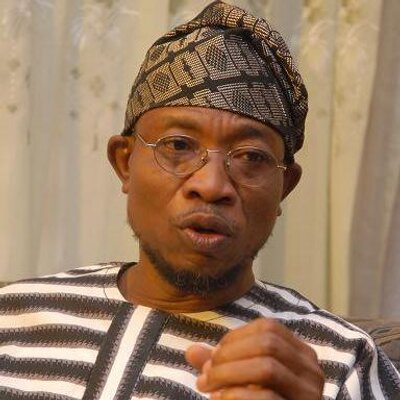Amidst global uncertainty about the future of crude oil and its implications on oil-dependent economies like Nigeria, the President and CEO, Baywood Group, Emperor Chris Baywood Ibe, has called for a more integrated continental trade structure amidst African countries, saying “Africans are the only ones that will buy their oil.”
Speaking in Lagos during a press conference to unveil the 2017 agenda of Baywood Group, a multifaceted oil and gas technical service group of companies, Emperor Baywood Ibe said that Nigerian businesses have shown resilience despite the current economic downturn.
“If we do things right, and global oil price rises, we [Nigeria] will be fine. However, beyond taking our products to the developed world, which is currently not in high demand, we should note that Africans are the only ones that will buy their oil”.
Reflecting on the over twenty-eight years of business operation in Nigeria, Emperor Baywood Ibe said “Doing business in Nigeria as a Nigerian comes with a lot of things. But, what we have seen is that with determination, expertise, and honesty, things get better over time.”
He shared the company’s plan to expand its operations both within and outside of Nigeria.
“The future for Baywood Continental Ltd is extremely exciting, and we are looking to upscale our operations especially, Marginal Fields, acquisition of matured Oil fields from Oil Majors and explore new frontiers in the Energy sector such as cluster power generation using abundant gas for upcoming new cities and towns. Baywood Continental Limited is re-branding to achieve a brand equity balance between current and projected profile of the company.”
“We have developed the broad and specific elements of the company strategy to actualize this vision. Therefore, the BCL organizational brand is one to watch out for, we will be more active across the print, electronic and social media platforms within the nearest future.”

Commenting on the activities of militants in the oil and gas Niger Delta region, Emperor Baywood, noted that due to unchecked militancy, companies are forced to take on the responsibility of project executors and community managers, which is often not included in the agreement with the International Oil Companies, IOC.
Emperor Baywood, however, said that despite the economic recession, business politicking amongst other challenges, Baywood Continental Ltd, has maintained a global repute with many industry first achievements including the construction of the largest on-shore gas pipeline in Nigeria; foremost membership of Petroleum Technology Association of Nigeria, PETAN, winning the 2014 Industry Achievement Award.



